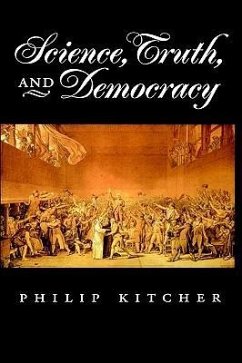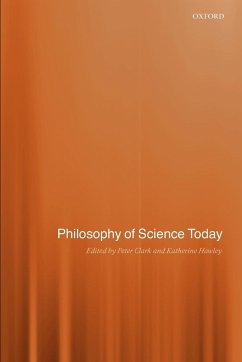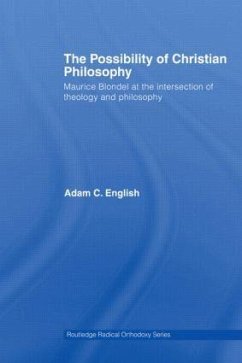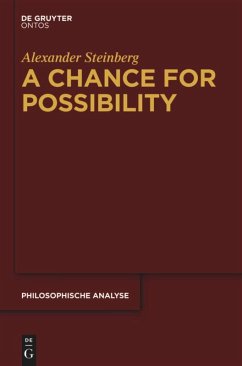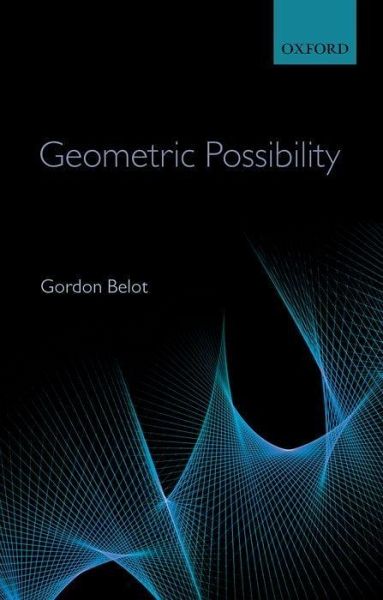
Geometric Possibility
Versandkostenfrei!
Versandfertig in 1-2 Wochen
97,99 €
inkl. MwSt.
Weitere Ausgaben:

PAYBACK Punkte
49 °P sammeln!
Relationalism about space is a venerable doctrine that is enjoying renewed attention among philosophers and physicists. Relationalists deny that space is ontologically prior to matter and seek to ground all claims about the structure of space in facts about actual and possible configurations of matter. Thus, many relationalists maintain that to say that space is infinite is to say that certain sorts of infinite arrays of material points are possible (even if, infact, the world contains only a finite amount of matter).Gordon Belot investigates the distinctive notion of geometric possibility tha...
Relationalism about space is a venerable doctrine that is enjoying renewed attention among philosophers and physicists. Relationalists deny that space is ontologically prior to matter and seek to ground all claims about the structure of space in facts about actual and possible configurations of matter. Thus, many relationalists maintain that to say that space is infinite is to say that certain sorts of infinite arrays of material points are possible (even if, in
fact, the world contains only a finite amount of matter).
Gordon Belot investigates the distinctive notion of geometric possibility that relationalists rely upon. He examines the prospects for adapting to the geometric case the standard philosophical accounts of the related notion of physical possibility, with particular emphasis on Humean, primitivist, and necessitarian accounts of physical and geometric possibility. This contribution to the debate concerning the nature of space will be of interest not only to philosophers and metaphysicians
concerned with space and time, but also to those interested in laws of nature, modal notions, or more general issues in ontology.
fact, the world contains only a finite amount of matter).
Gordon Belot investigates the distinctive notion of geometric possibility that relationalists rely upon. He examines the prospects for adapting to the geometric case the standard philosophical accounts of the related notion of physical possibility, with particular emphasis on Humean, primitivist, and necessitarian accounts of physical and geometric possibility. This contribution to the debate concerning the nature of space will be of interest not only to philosophers and metaphysicians
concerned with space and time, but also to those interested in laws of nature, modal notions, or more general issues in ontology.






